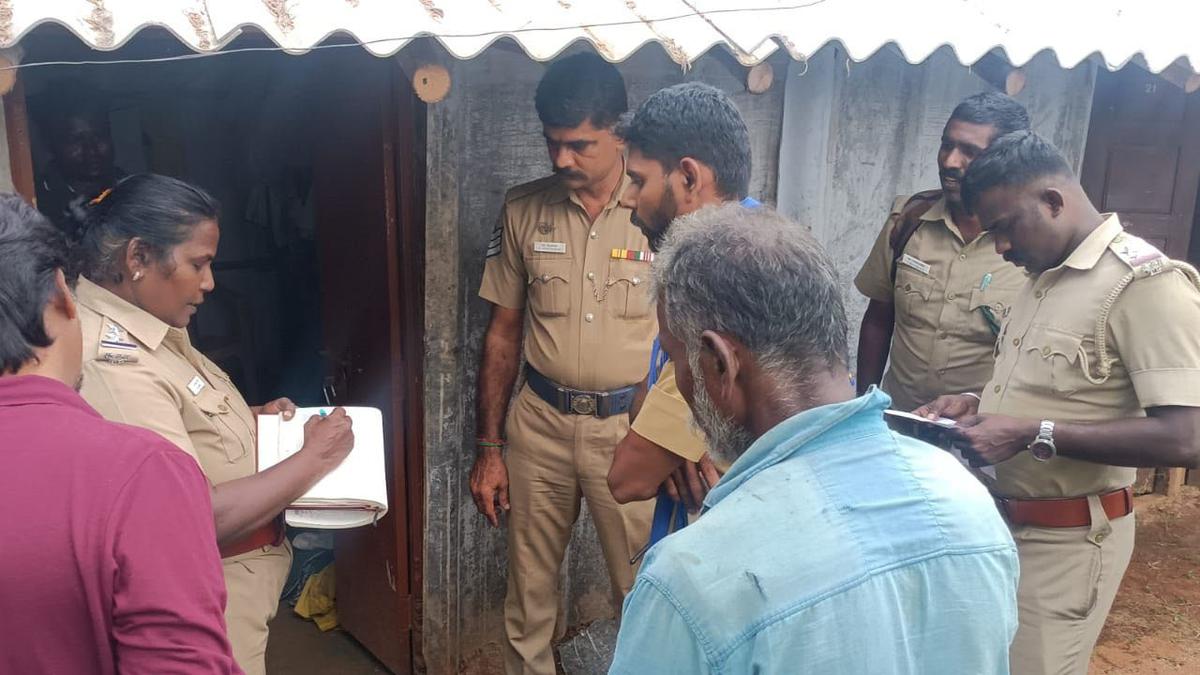
Use of country-made bombs for poaching continues unabated in Coimbatore Forest Division
The Hindu
Poachers continue to use country made bombs to hunt wild animals in Coimbatore Forest Division, despite Forest Department's claims.
Contrary to the claims by the Forest Department, the use of country-made bomb, locally known as avittukai, by poachers to hunt wild animals continues unabated in Coimbatore Forest Division.
Following the death of a tusker earlier this month after it bit into a country-made explosive, forest officials claimed that the practice of poachers using the crude explosive was not prevalent in Coimbatore Forest Division’s jurisdiction any more. They claimed the male elephant possibly came from the Kerala side after having bitten an explosive there.
Officials had made similar claims when two other elephants died of injuries caused by country-made bombs in Coimbatore division this year.
Contrary to their claims, the police on Saturday arrested K. Velusamy, 60, of Mugasimangalam in Alandurai village, after he was found to have been in possession of three country-made bombs. Cooked wild boar meat and remains of the poached animal were also seized. Velusamy was arrested for offences under the Explosives Act. The Forest Department imposed a fine on him for hunting the wild boar.
This is not an isolated case in Coimbatore division as the Forest Department had arrested poachers for using avittukai in 2020, 2021 and 2022.
Nature enthusiast K. Mohanraj from Coimbatore wanted the Department to conduct a detailed investigation to trace the origin of these crude explosives as such incidents repeat. He dubbed the assertion that the elephants, which had died, came from the neighbouring State “baseless” since the Department itself had come across such cases in the Coimbatore Division.













